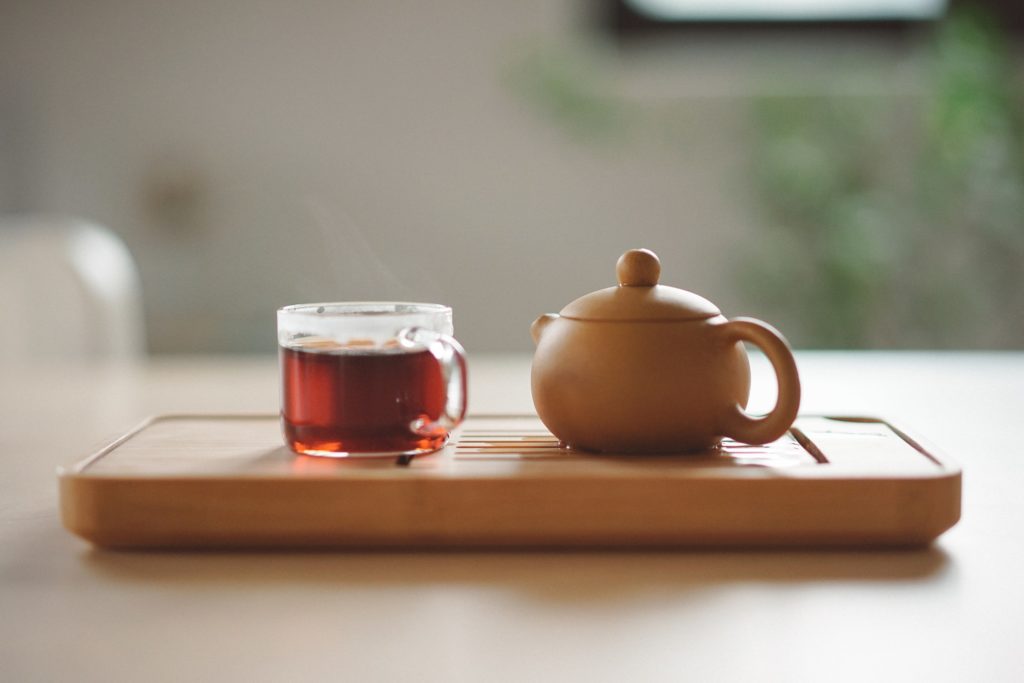
Adverse Effects of Black Tea That You Should Know About
Black teas are made from the Camellia sinensis plant, but they are not the same as green or white teas. White, green, and black teas are all made from the same plant, and they have different leaves, but each of the three is processed differently.
To create black tea, the leaves of the Camellia sinensis plant are bruised and allowed to oxidize before being rolled and allowed to dry. This gives it a lot of properties that have beneficial effects. In fact, black tea is reported to have five times more polyphenols than green tea, which leads to its bitter, more astringent taste.
The Varieties of Black Tea
Assam tea is popular because it has a strong, robust flavor, but it’s not considered as good as Darjeeling because it tends to be less fragrant.
Darjeeling tea is the very best black tea because of its complex flavor, which ranges from floral and fruity to spicy and nutty, depending on the type of black tea.
Keemun is considered to be the richest-tasting black tea and is especially good with desserts.
Oolong is made by picking the leaves, withering them, rolling them, then allowing them to oxidize. The more oxidation that occurs, the better the flavor of the tea.
The Side Effects of Drinking Black Tea
When looking at the side effects of drinking black tea, it’s important to remember that we’re talking about drinking it in excess. This means taking more than a couple of cups now and then. This is why moderation is vital. Otherwise, you will experience these effects:
1. Possibility of Heavy Metal Consumption
Since its leaves are dried and then oxidized, there is a possibility that the leaves will leach and heavy metals will enter the tea. While our bodies naturally contain metals, it’s typically filtered out in regulation. However, heavy metals are poisonous so too much of them can have severe side effects on your health.
2. Overconsumption Can Cause Liver and Kidney Damage
While the leaves of Camellia sinensis are processed to make black tea, they are not processed to be used for green tea.
Because black tea is considered to have fewer antioxidants than green tea, some researchers believe black tea contains tannins, which are harmful to the liver and kidneys.
3. Caffeine May Boost Risk of Death From Heart Disease
Black tea is known for its high concentration of caffeine, which is why it’s enjoyed for its energy boosts. But for people who are sensitive to caffeine, it can be dangerous.
Some studies have linked high caffeine consumption to a risk of death from heart disease. For those sensitive to stimulants, you can switch to decaf black tea. Ideally, consuming up to 400mg of caffeine daily is considered safe for most people.
4. Black Tea May Promote Weight Gain
Overconsumption of black tea can cause a lack of potassium and an imbalance between sodium and potassium. The body will balance things out by retaining sodium and losing potassium.
The Harvard School of Public Health found that people who drink too much alcohol and black tea are at risk of weight gain because they’re less likely to drink water.
Conclusion
Balance is essential in all things, even to the tea that you drink. If you like black tea, try to drink it in moderation and use it as an occasional treat rather than something you consume every day.
Moreover, you can discover some black Assam tea health benefits that could work out for you. Just Organic Tea uses only the best organic ingredients and works with farmers who treat and compensate their employees fairly. We believe that everyone has the right to enjoy a cup of tea. Check out our products right now!

